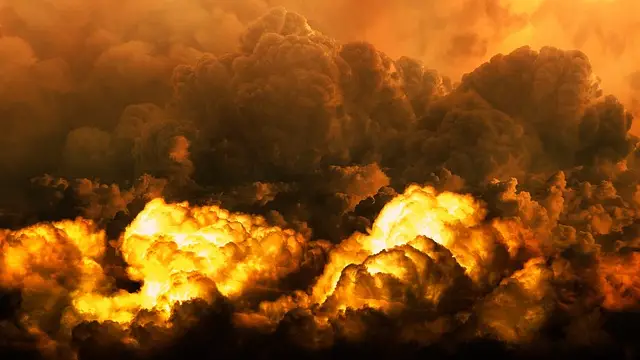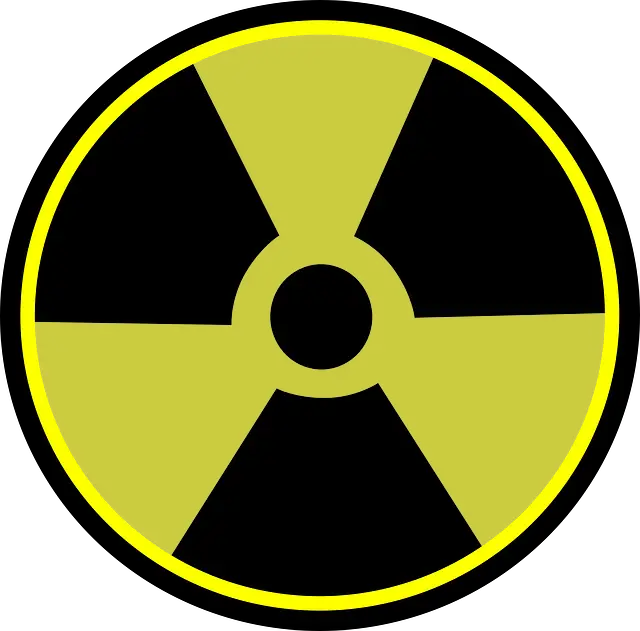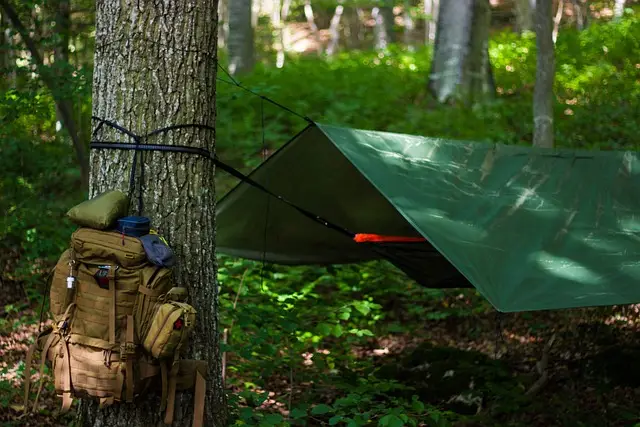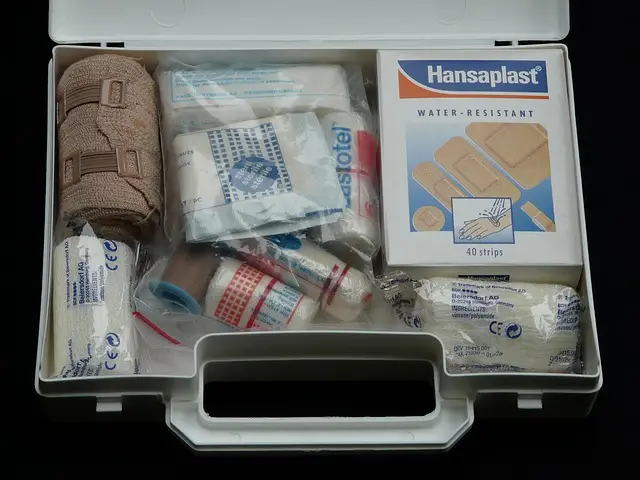
War is one of those things that you can’t imagine happening in your homeland. Since the cold war ended, we mainly see and hear about wars in faraway lands. In reality, war can happen anywhere, given the right circumstances. Let’s talk about how to prepare for war as a civilian.
The war in Ukraine has been raging for a year at this point. In the weeks and months before the start of the war, there was talk that a war may start. None of my family in Ukraine believed Russia would invade. And then SHTF.
Understand Your Geography
Geography plays a massive part in war and war zones. Where you live can affect what threats you may face should a war break out.
Do you live in the wilderness, away from military and strategic assets like power plants? Your preparation considerations will differ significantly from someone living in a major city or near strategic assets like military bases.
Assess your area to inform your prepping choices.
Preparing for war as a Civilian
Stock up on Essential Supplies
If a war breaks out, food, water, and other supplies will be hard to come by. The logistics machine that facilitates our daily lives will break down rapidly in a war zone.
Here is a short list of emergency supplies you should prioritize:
Warm and protective clothing
Water and water purification supplies
Non-perishable food
First aid kit
Medication
Radios and communication gear
Know Where to Find Shelter

Your home might be the best place to shelter should a war happen. Some areas have fallout shelters, bomb shelters, and other fortified structures to take refuge in should you need to leave your home.
In the case of nuclear war, finding shelter from fallout and radioactive material will be critical to surviving.
Many cities use subway tunnels, highway tunnels, and other underground places as emergency shelters. Take note of the options in your area should you need to use them.
Warning Signs of a war
A war can break out rapidly with little warning. Other times there are warning signs that something terrible may be on the horizon.
World War 2 had many warning signs prior to things becoming a full on war. In the case of Ukraine, the US and other countries spoke of a potential invasion for months before it happened.
In the US, we have a National Emergency Alert System, one of the standard ways the US government will communicate with civilians if disaster strikes.
Television broadcasts and radio stations will periodically test the Emergency Alert System. Pay attention when you hear the Emergency Alert System in case it’s not just a test.
Stay Informed
When things start getting spicy, stay informed of the developing situation. TV and radio news can be reputable sources of information. Twitter, social media, and other alternative media will generally have the newest breaking news if the situation changes rapidly. Many governments will use all media types to distribute information to the local populace.
Build Your Emergency Kits

FEMA recommends all households have emergency response kits in case disaster strikes. These kits are the minimum needed to survive a short time with limited emergency response personnel support.
A basic emergency kit should include the following:
Water (one gallon per person per day for at least three days for drinking and sanitation)
Food (at least a three-day supply of non-perishable food)
Battery-powered or hand crank radio and a NOAA Weather Radio with tone alert
Flashlight
First aid kit
Extra batteries
Whistle (to signal for help)
Dust mask (to help filter contaminated air)
Plastic sheeting and duct tape (to shelter in place)
Moist towelettes, garbage bags, and plastic ties (for personal sanitation)
Manual can opener (for food)
Local maps
Cell phone with chargers and a backup battery
Download the Recommended Supplies List (PDF) from FEMA
Get First aid Training

All those fancy first aid supplies are only helpful with the knowledge to use them effectively. Knowing basic first aid can save the life of you or your family members.
StopTheBleed.org puts on excellent training classes on how to treat major wounds. Best of all, these classes are free! Additional paid training is available through many resources like the Red Cross.
Keep Some Cash on Hand for Emergencies.
ATMs and credit cards may not work during a major disaster due to internet and electrical outages. Having some paper money available can be helpful if you need to buy things.
Bug out or bug in
If a war or significant conflict erupts in your area, it may be best to leave or “bug out”. Getting away from the conflict zone will reduce the immediate threat to you and your family.
In a nuclear attack or reactor meltdown, getting away from the radioactive material can limit exposure to harmful radiation. The more hardened material and distance you can place between yourself and the radiation source, the better.
Bugging out may be ideal, but it can be challenging to leave a city due to traffic and other factors. You’re better off if you can at least get to a more rural or less populated area. Higher population density will worsen things because of the vast number of people trying to survive.
FAQ
What do I need to prepare for war?
You should make an emergency kit and consider prepping emergency food, water, clothes, medication, first aid, and other supplies.
How do civilians survive war?
Civilians primarily survive war by getting out of the immediate area of the conflict zone. People forced to stay, survive by having already prepared for a future disaster situation.
What to do during a war?
Leave the area if possible.
How to survive world war?
Prepare for world war by gathering emergency supplies. Get first aid and survival training prior to the war. Find an safer area to take shelter that is far from strategic assets like power plants and military bases.

